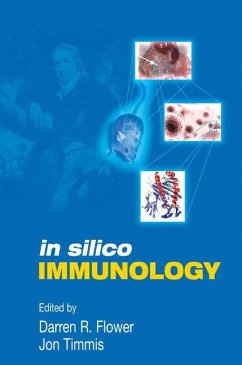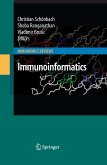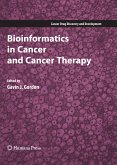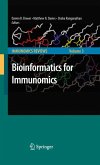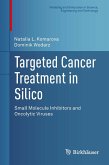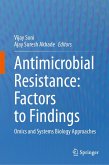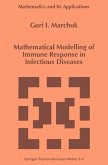Theoretical immunology is the application of mathematical modeling to diverse aspects of immunology ranging from T cell selection in the Thymus to the epidemiology of vaccination. Immunoinformatics, the application of computational informatics to the study of immunological macromolecules, addresses important questions in immunobiology and vaccinology. Immunoinformatics, addresses issues of data management, and has the ability to design and implement efficient new experimental strategies. Artificial Immune Systems (AIS) is an area of computer science which uses ideas and concepts from immunology to guide and inspire new algorithms, data structures, and software development. The influence of AIS is now becoming highly synergistic through its interaction with immunoinformatics.
These three different disciplines are now poised to engineer a paradigm shift from hypothesis- to data-driven research, with new understanding emerging from the analysis of complex datasets: theoretical immunology, immunoinformatics, and Artificial Immune Systems (AIS). "in silico Immunology" is a book for the future: it will summarize these emergent disciplines and, while focusing on cutting edge developments, will address the issue of synergy as it shows how these three are set to transform immunological science and the future of health care.
Dieser Download kann aus rechtlichen Gründen nur mit Rechnungsadresse in A, B, BG, CY, CZ, D, DK, EW, E, FIN, F, GR, HR, H, IRL, I, LT, L, LR, M, NL, PL, P, R, S, SLO, SK ausgeliefert werden.

